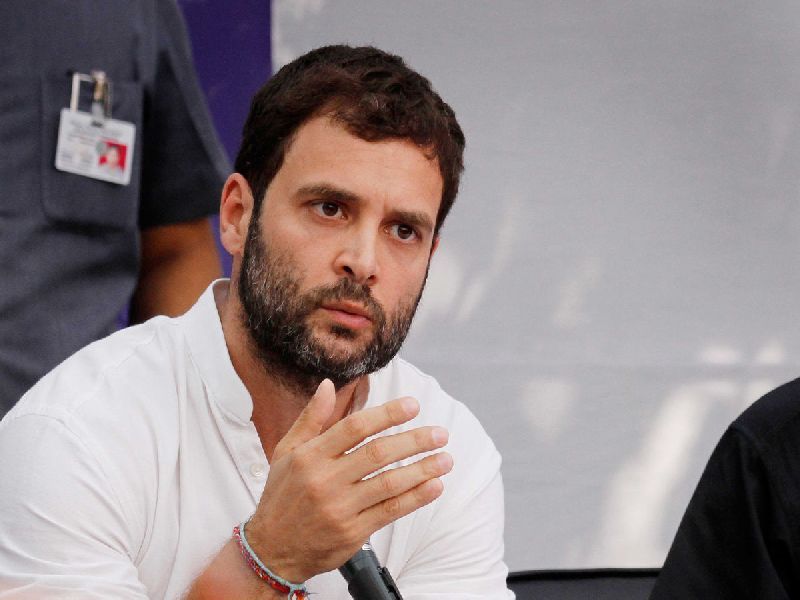Congress leader Rahul Gandhi has stood firm in his refusal to apologize in the defamation case filed against him by Bharatiya Janata Party (BJP) member, Rajesh Kunte, for linking the ‘Modi’ surname to the Rafale deal. The case, which has been a subject of significant public attention, took an intriguing turn as Gandhi defended his statements before the Supreme Court.
During the court proceedings, Rahul Gandhi staunchly defended his remarks and asserted that he did not intend to defame Prime Minister Narendra Modi or any individual. He maintained that his statements were part of his political discourse and criticism directed at the government’s handling of the Rafale aircraft deal.
Gandhi’s legal counsel argued that as a public figure and politician, he has the right to criticize the government and its policies in the larger interest of the public. They cited his right to freedom of expression as enshrined in the Indian Constitution.
The Supreme Court bench, led by Chief Justice of India, took note of Gandhi’s stance and observed that in a vibrant democracy, political leaders often express their opinions, even if they may be critical of each other. The bench acknowledged the importance of freedom of expression but also emphasized that public figures must exercise caution to avoid making defamatory remarks.
However, BJP member Rajesh Kunte, who filed the defamation case against Rahul Gandhi, argued that the Congress leader’s comments were not just political criticism but a direct attack on the character and integrity of Prime Minister Narendra Modi and his family. Kunte’s counsel contended that Gandhi’s remarks were intended to tarnish the reputation of the Modi family and demanded an apology for the alleged defamation.
Despite the mounting pressure, Rahul Gandhi remains steadfast in his stance and has chosen not to apologize for his comments. He has expressed that his intent was not to malign any individual but to question the government’s policies and decisions.
The Supreme Court has reserved its judgment on the matter, and the verdict is eagerly awaited by political observers and the public alike. The outcome of this case could have implications on the exercise of freedom of expression by politicians and the extent to which they can criticize one another without facing defamation charges.
As the legal battle continues, the case serves as a critical reflection of the delicate balance between political discourse and the rights and responsibilities of public figures in a democratic society.










